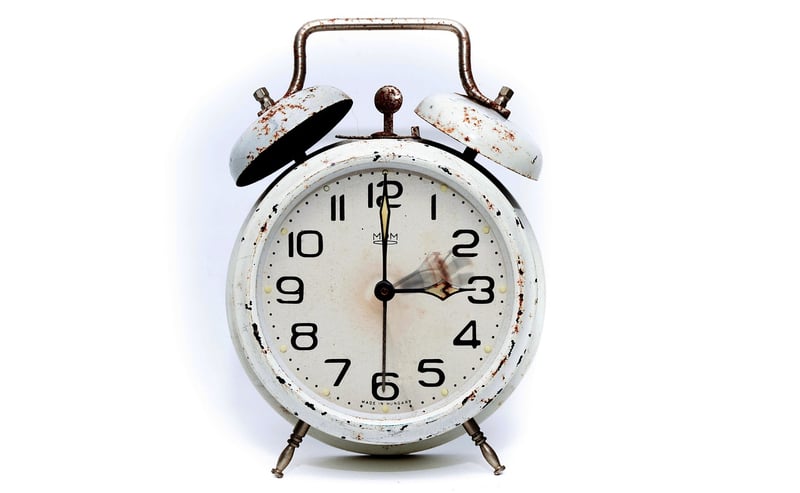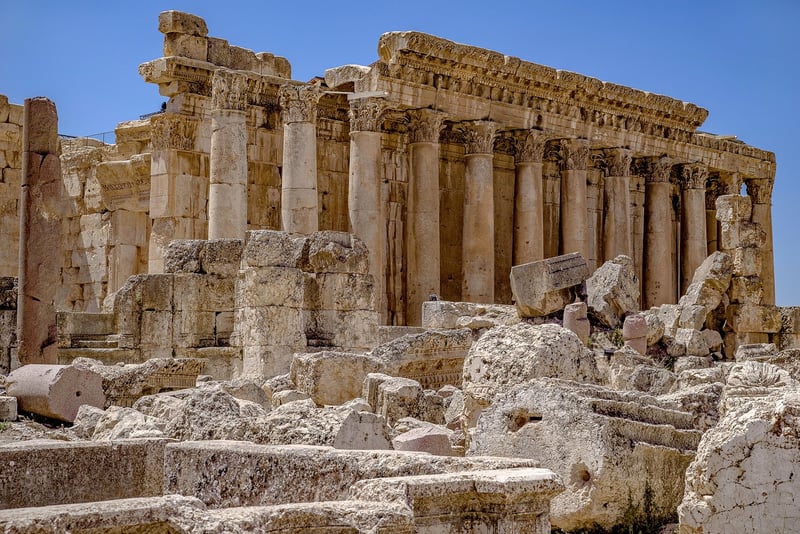Altering Events
Ethical Considerations in Time Travel and Altering Events
Time travel has long been a fascinating concept in science fiction, allowing individuals to journey to the past or future. However, the ability to alter events through time travel raises profound ethical considerations that have captivated the minds of many. Let's delve into the moral dilemmas and implications of changing the course of history.
The Grandfather Paradox
One of the most famous ethical dilemmas in time travel is the Grandfather Paradox. This paradox posits a scenario where a time traveler goes back in time and prevents their grandfather from meeting their grandmother, thus preventing their own birth. This paradox raises questions about causality, free will, and the consequences of altering the past.

Ethical Implications
When considering altering events through time travel, ethical implications abound. Would changing the past lead to unintended consequences or create alternate timelines? Who decides what events are worth changing, and what are the criteria for such decisions? These ethical dilemmas highlight the complexity of tampering with the fabric of time.
Butterfly Effect
The concept of the butterfly effect suggests that even small changes in the past can have significant and unforeseen consequences in the future. This principle underscores the fragility of causality and the potential ripple effects of altering key events in history.

Preserving Historical Integrity
Preserving the integrity of historical events is another crucial ethical consideration in time travel. Should we respect the natural course of history, regardless of its tragedies, or intervene to prevent harm and suffering? Striking a balance between preserving historical truth and preventing atrocities poses a significant ethical challenge.
Temporal Prime Directive
Similar to the Prime Directive in Star Trek, the Temporal Prime Directive posits that time travelers should avoid interfering with the natural development of civilizations to prevent unintended consequences. This directive emphasizes the importance of non-interference in historical events.

Conclusion
Time travel opens up a realm of ethical considerations that challenge our understanding of causality, free will, and historical integrity. As we explore the possibilities and implications of altering events through time travel, we must carefully consider the moral dilemmas and consequences of our actions. The allure of changing the past must be tempered with a deep respect for the complexities of history and the ethical responsibilities that come with wielding such power.
